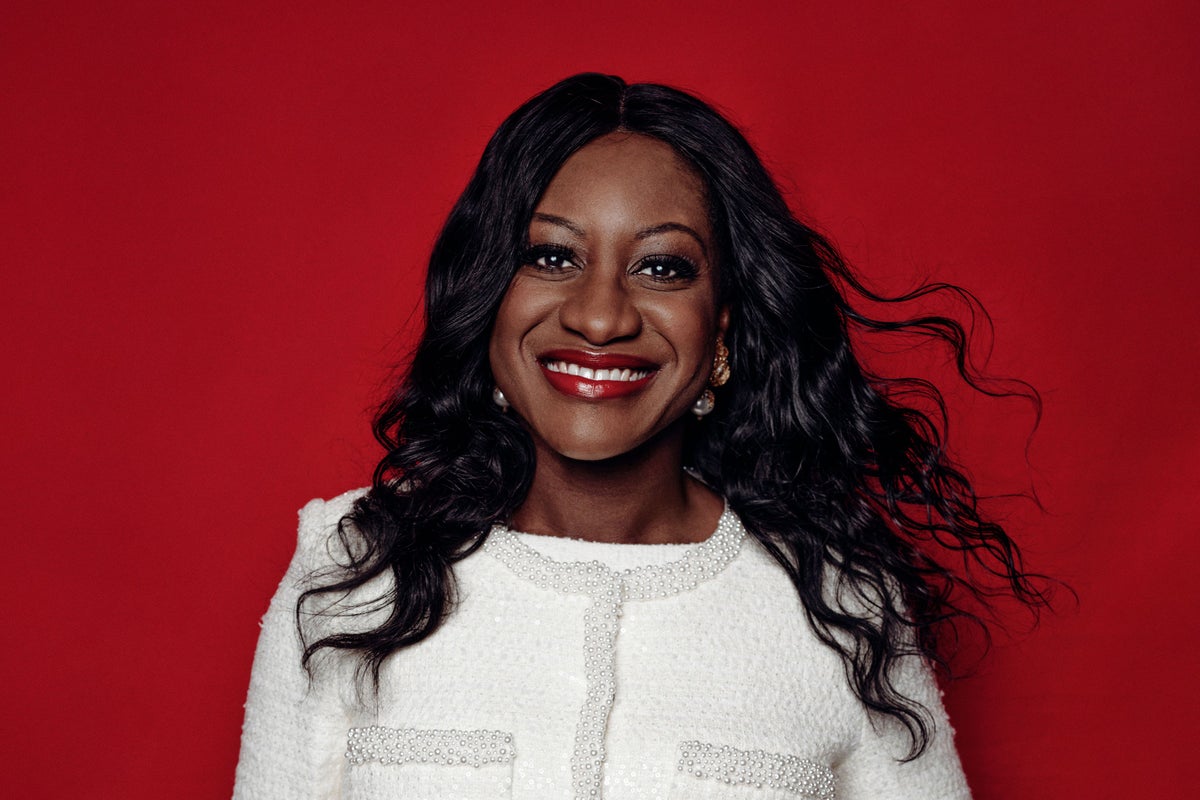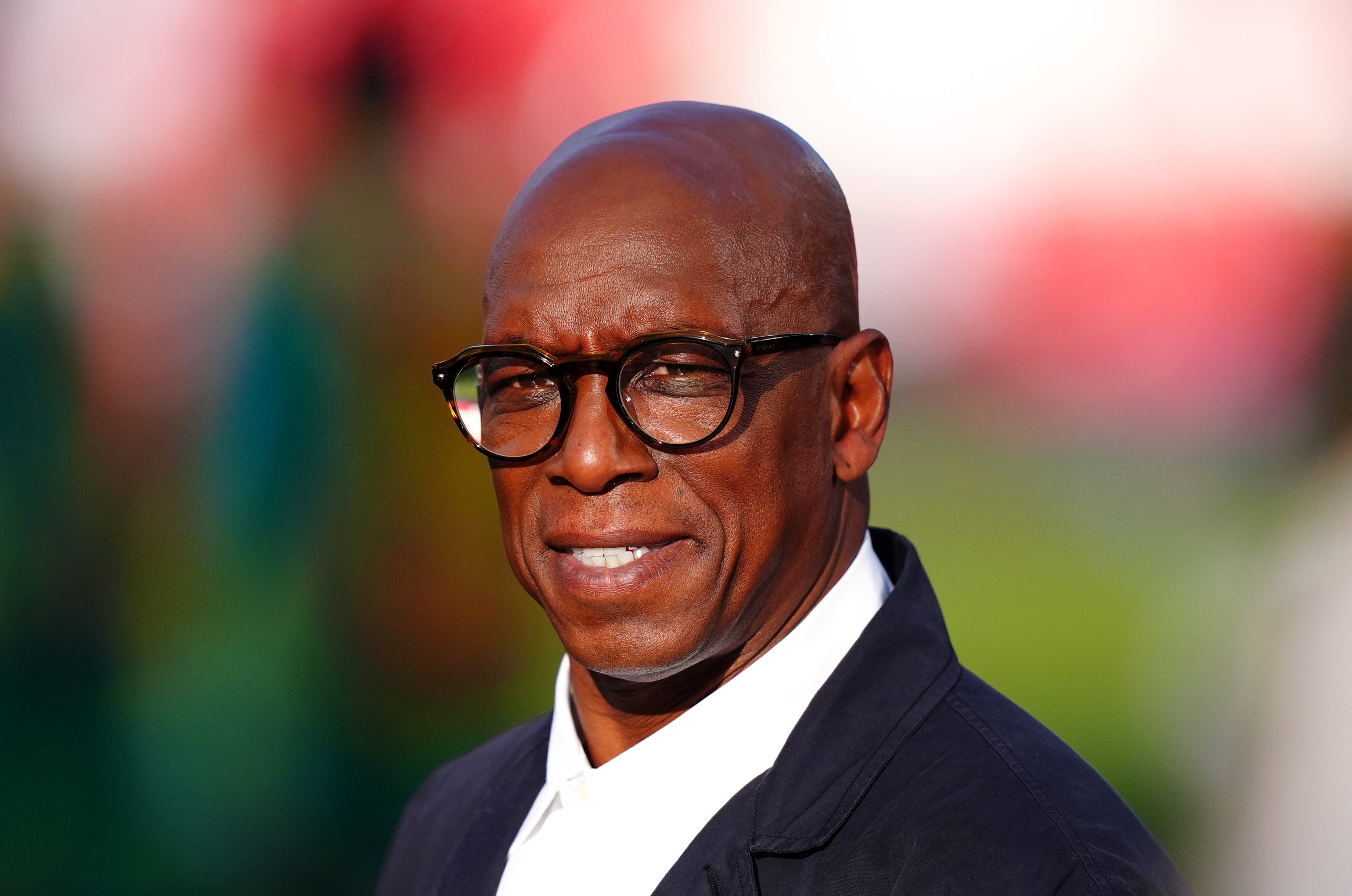
Afua Kyei, the Bank of England’s finance chief and executive director, has been named the UK’s most influential black person by the Powerlist 2026.
The annual ranking also recognised prominent figures including former footballer Ian Wright and entrepreneur Emma Grede.
Ms Kyei expressed her pleasure at the accolade, stating she was "delighted that someone in the public sector and financial services is being recognised in this way".
Her crucial responsibilities involve overseeing the financial governance of the Bank’s balance sheet, which peaked at over £1 trillion during the Covid pandemic.
Her role also involves directing the vehicle which carries out the Bank’s quantitative easing programme – one of the tools to bring down interest rates.
She joined the central bank in 2019, having previously held senior roles at global banks Barclays and UBS.
The annual Powerlist, which partners with JP Morgan, HSBC and PwC, recognises the most powerful Britons of African, African Caribbean, and African American heritage.

It was launched 20 years ago by Powerlist Media as a way to showcase black role models to inspire young people.
Number two on this year’s list is Ian Wright, the former England and Arsenal footballer turned broadcaster, who has also been recognised for advocating for equity in sport.
Dame Pat McGrath came third place for her role as a makeup artist to celebrities and beauty entrepreneur, having founded Pat McGrath Labs.
Others in the top 10 include Emma Grede, who co-founded fashion brand Skims with US celebrity Kim Kardashian; entrepreneur Steven Bartlett, who appears on the BBC One series Dragons’ Den; and actor and filmmaker Idris Elba.
Ms Kyei said the award was “not about personal achievement – it is about representation, visibility, and possibility”.
“When young people see themselves reflected in spaces where they may not have imagined belonging, it changes what they believe is achievable,” she said.







